The Higher Education White Paper ‘Success as a Knowledge Economy: Teaching Excellence, Social Mobility and Student Choice’ was published on Monday 16th May. The White Paper outlines the government’s stance on research activity within UK universities. This follows what was proposed and discussed in the Green Paper in November 2015 and has taken into account the recommendations of the Nurse Review.
The key points for research from the White Paper are set out below.
- The White Paper has confirmed that the seven existing research councils, Innovate UK and the research and innovation functions of HEFCE will brought under one body- UK Research and Innovation (UKRI).
- UKRI aims to focus on multi-and inter-disciplinary research, enabling effective and rapid response to future challenges. The different functions being brought under the one body aims to facilitate the sharing of expertise and best practice to improve decision making within the UK, as well as ensuring strategic coordination across the research landscape.
- UKRI will have a combined budget of more than £6 billion.
- The government recognises the unique nature of Innovate UK and has highlighted that it will remain a separate council within UKRI.
- The Secretary of State will appoint UKRI’s board members which will be supported by a central team of staff. John Kingman, a former Rothschild banker and second permanent secretary to the Treasury will be the interim chair of UKRI.
- The government maintains its commitment to the Haldane principle.
- The Secretary of State will set the budgets for each of the 9 councils through the annual grant letter.
- The dual support system will continue with the continuation of hypothecation for the two funding streams.
- The UKRI will work closely with the new Office for Students to ensure a strategic approach to the funding of research and teaching. Future legislation will ensure that OFS and UKRI will share information and data.
One of the biggest concerns the sector had regarding the proposed changes affecting research in the Green Paper was around dual support. Many have been worried about the level of protection the dual support funding system would receive in the event of merging the research councils into one body. It is expected that the new Higher Education and Research Bill, announced in the Queen’s speech today (18th May), will ensure there is legislative protection for the dual support system to try and eradicate some of the sector’s fears. The White Paper reveals that efforts will be made to ensure the individual identity of the separate research councils and Innovate UK remain under UKRI. The White Paper also confirms that the Secretary of State will have responsibility to balance the two arms of dual support.
Despite this, there is still concern among professionals in HE that the research councils could dramatically change, or even be reduced once the UKRI is officially set up. Research Professional reports that science policy commentators are warning “there will be no technical impediment for a more radical merger of the councils once the UKRI is in place and the existing research councils formally lose their independence.”
The Higher Education and Research Bill is yet to be published, and very little was given away in the Queen’s Speech concerning research. When it is published, we will expect to see more information concerning the legislation around research for UK HE. Although it has been reported that the UKRI will launch in 2018, hopefully the bill will also give us more information and clarification around timescales.
More information will follow this blog when the Higher Education and Research Bill is published. In the meantime, you can view more commentary on other aspects of the White Paper here.
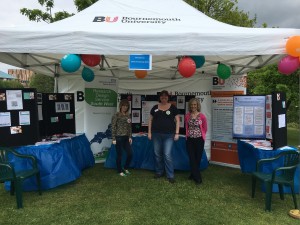
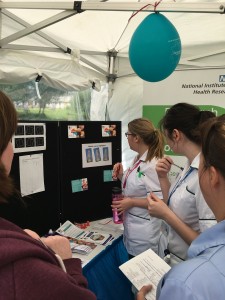
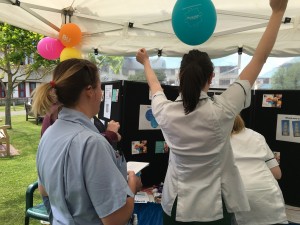
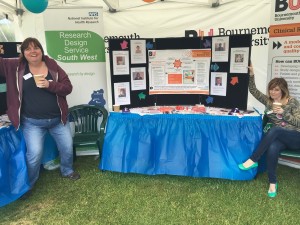




 The following Newton calls are currently open. If you are thinking of applying, please contact
The following Newton calls are currently open. If you are thinking of applying, please contact  Bournemouth University welcomed Mr Peter Huang, Deputy Director of the
Bournemouth University welcomed Mr Peter Huang, Deputy Director of the 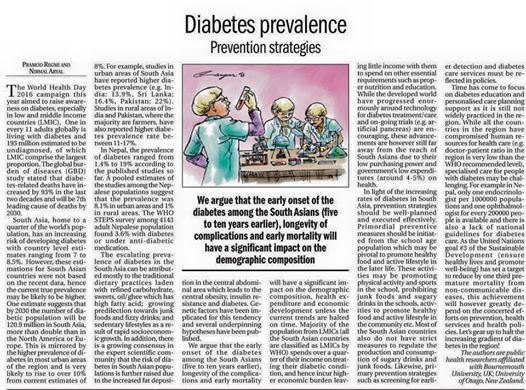
 There are still a few places remaining at the RKEO
There are still a few places remaining at the RKEO 
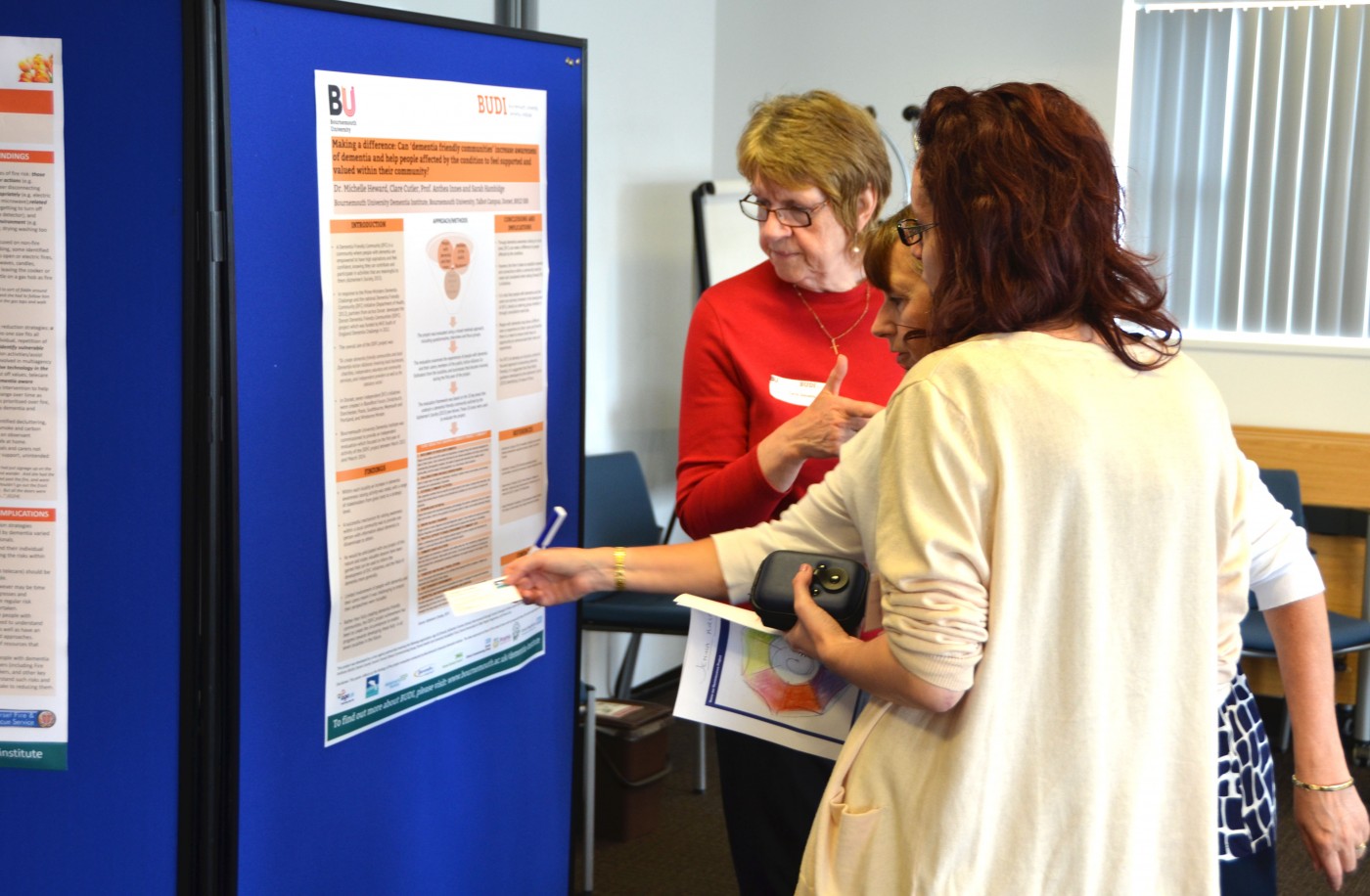
![InnovateUK_LogoA_Interim_RGBx320govuk[1]](http://blogs.bournemouth.ac.uk/research/files/2014/12/InnovateUK_LogoA_Interim_RGBx320govuk11-300x90.jpg)












 Fourth INRC Symposium: From Clinical Applications to Neuro-Inspired Computation
Fourth INRC Symposium: From Clinical Applications to Neuro-Inspired Computation Writing policy briefs
Writing policy briefs Upholding Excellence: The Concordat to Support Research Integrity
Upholding Excellence: The Concordat to Support Research Integrity Today’s Documentation Will Serve Tomorrow’s Justice
Today’s Documentation Will Serve Tomorrow’s Justice ECR Funding Open Call: Research Culture & Community Grant – Application Deadline Friday 12 December
ECR Funding Open Call: Research Culture & Community Grant – Application Deadline Friday 12 December MSCA Postdoctoral Fellowships 2025 Call
MSCA Postdoctoral Fellowships 2025 Call ERC Advanced Grant 2025 Webinar
ERC Advanced Grant 2025 Webinar Horizon Europe Work Programme 2025 Published
Horizon Europe Work Programme 2025 Published Horizon Europe 2025 Work Programme pre-Published
Horizon Europe 2025 Work Programme pre-Published Update on UKRO services
Update on UKRO services European research project exploring use of ‘virtual twins’ to better manage metabolic associated fatty liver disease
European research project exploring use of ‘virtual twins’ to better manage metabolic associated fatty liver disease